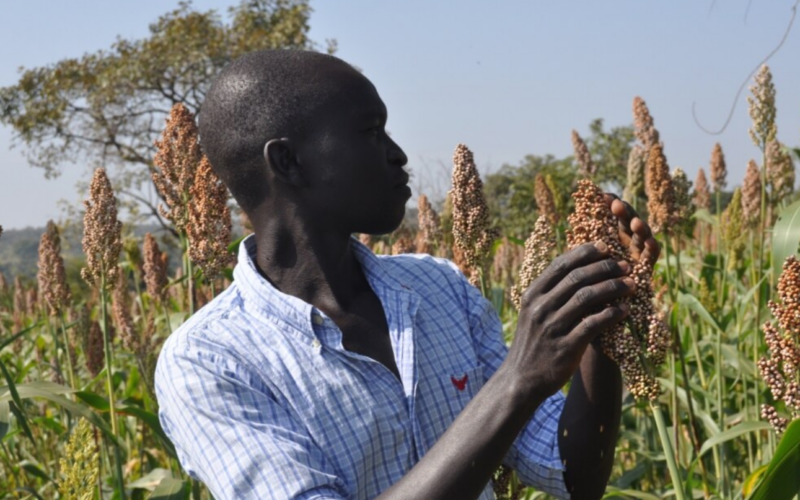The United Nations has reported that a paramilitary force engaged in conflict with the Sudanese government has entered Wad Madani, a significant city in Sudan’s grain-producing region. This incursion has triggered a mass exodus, with more than 300,000 people fleeing the area in the past four days. The situation raises concerns about potential humanitarian consequences as Wad Madani had been a relatively secure area for the past eight months amidst ongoing conflict.
Wad Madani, located just south of the war-torn capital Khartoum, was previously considered a haven for humanitarian operations in Sudan. However, the recent entry of the Rapid Support Force (RSF), led by Gen. Mohamed Hamdan Dagalo, into the city marks another major victory for the paramilitary group. The RSF had previously captured four out of five regional capitals in the western region of Darfur.
The conflict between the RSF and the Sudanese military, led by Gen. Abdel Fattah al-Burhan, intensified on April 15, following months of rising tensions over power-sharing. Both leaders had come to power in a 2021 coup against a civilian prime minister, resulting in widespread protests and violence. Since then, Sudan has become one of the world’s worst humanitarian crises, with approximately half of its 49 million population in need of aid.
Wad Madani, which experienced a surge in population due to families seeking refuge from the capital’s violence, had provided humanitarian agencies with the opportunity to operate and offer food and medical services. However, with the RSF’s entry into the city, this refuge is now lost. Past instances of RSF territorial control have seen attacks on hospitals, looting of humanitarian warehouses, and violence against civilians, particularly women.
The current humanitarian crisis unfolding in Sudan presents unimaginable choices for its citizens as they strive to protect their families amidst the escalating conflict. The situation is particularly dire in Wad Madani, where the RSF’s presence jeopardizes the safety and well-being of the population.
Beyond the immediate humanitarian concerns, the conflict’s impact on Wad Madani is amplified by its significance as the heart of Sudan’s grain-producing region. The disruption of the harvest, coupled with the closure of banks and challenges in procuring fertilizers and equipment, poses additional challenges for the agricultural sector.
As the paramilitary force tightens its grip on Wad Madani, the humanitarian and agricultural implications of the conflict in Sudan become increasingly severe. The international community faces the challenge of addressing the immediate crisis while working towards a sustainable resolution to bring stability to the nation.








